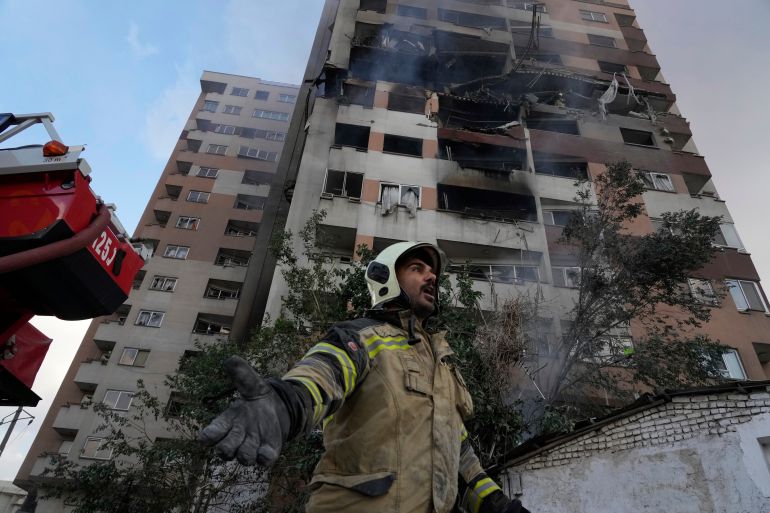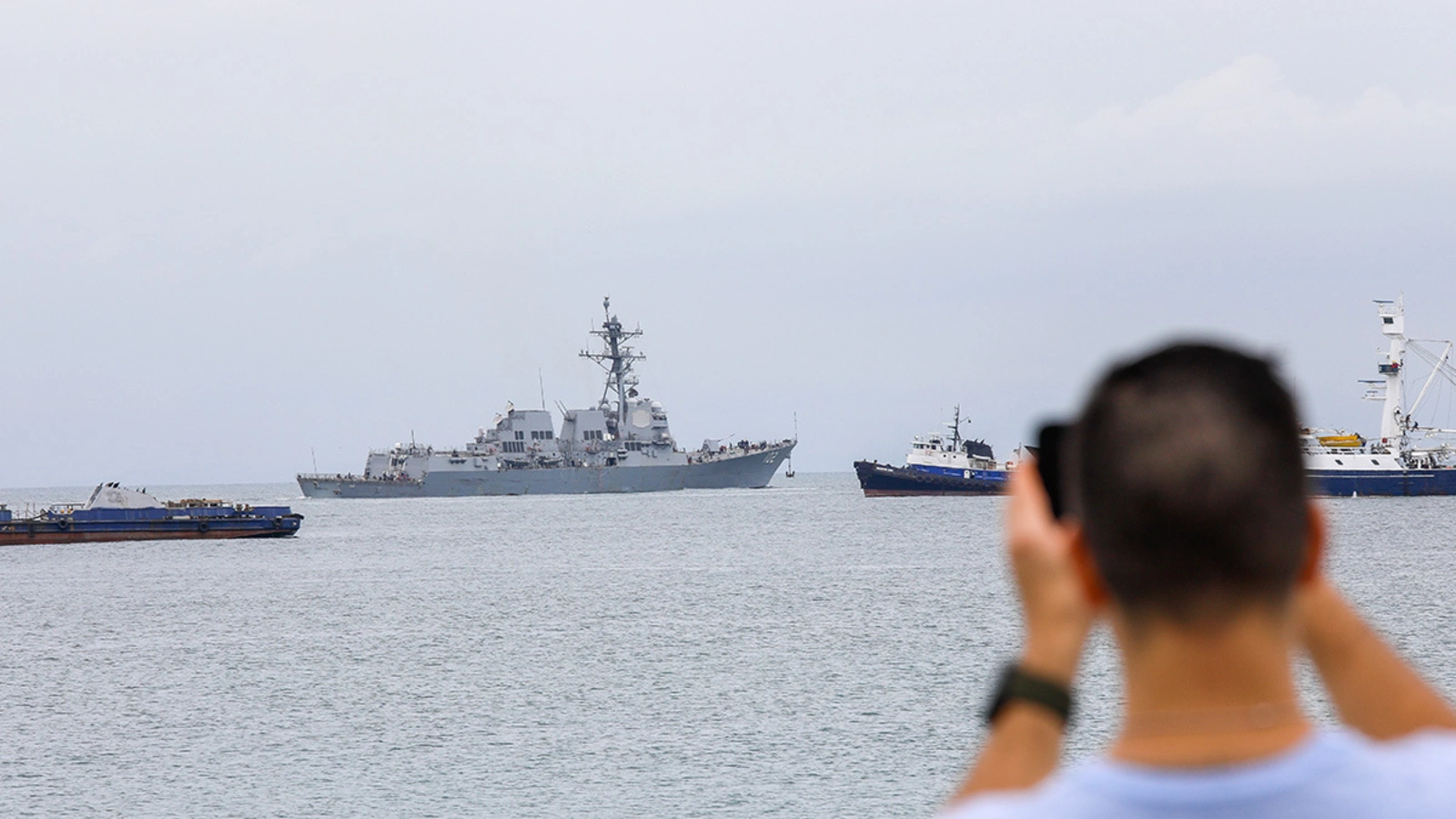# US-Venezuela Relations: Military Strike Aftermath & Rising Tensions
The recent US military strike on a vessel allegedly involved in drug trafficking, originating from Venezuelan waters, has dramatically escalated tensions between the United States and Venezuela. This incident, while framed by the US administration as a crucial step in combating the flow of narcotics, has ignited a firestorm of controversy and raised serious questions about the legality of the action and the accuracy of the information surrounding it. The situation demands careful consideration of the complex political and legal ramifications.
## The Controversial Strike: A Deeper Dive into the Incident
The US military’s destruction of the suspected drug-smuggling boat last week has become a focal point of international debate. Initial reports from the US administration claimed the vessel was operated by the Tren de Aragua gang, designated a foreign terrorist organization. The official narrative paints a picture of a preemptive strike to prevent a significant drug shipment from reaching US shores. President Trump himself stated that eleven individuals were killed during the operation. However, this account has been met with strong pushback from Venezuela.
The narrative offered by the US is not without its challenges! Two sources familiar with the matter have revealed that the boat appeared to be turning around when it was struck, suggesting a potential attempt to evade the US military aircraft. This raises immediate questions about the proportionality of the response. Was a lethal force strike truly necessary, given the apparent attempt by the vessel to flee?
Furthermore, Venezuelan Interior Minister Diosdado Cabello vehemently denied that any of those killed were members of the Tren de Aragua gang. He cited ongoing investigations within Venezuela and claims from the families of the deceased that none of the individuals were involved in drug trafficking. This stark contradiction highlights a significant information gap and underscores the need for independent verification of both accounts. The stark contrast between the US and Venezuelan narratives leaves considerable room for doubt and skepticism.
The Pentagon’s response to these claims has been firm but lacks transparency. Chief Pentagon spokesperson Sean Parnell dismissed the Venezuelan minister’s statements as the words of an “illegitimate narco-terrorist regime.” While reiterating the US military’s commitment to stopping drug trafficking, the Pentagon has remained silent on the crucial detail of the boat’s apparent attempt to turn away before the strike. This lack of transparency fuels further suspicion and raises concerns about the US government’s commitment to accountability.
## Legal and Political Ramifications: A Complex Web of International Law

Beyond the immediate incident, the strike raises profound questions about international law and the limits of US authority on the high seas. The White House’s notification to Congress cited the president’s constitutional authority as commander-in-chief to justify the action. However, this assertion has sparked debate among legal experts, highlighting the complexities of applying US law in international waters and the potential violations of international norms. Wasn’t there a less lethal option available? Didn’t the US have a responsibility to engage in less escalatory measures before resorting to deadly force?
The justification provided by the administration is based on preventing drugs from entering the United States, but there’s a significant lack of concrete evidence to support the claim that the vessel would inevitably have reached US shores. Furthermore, the lack of transparency surrounding the strike itself, particularly concerning the boat’s actions prior to the attack, raises serious concerns about the accountability and potential legal ramifications for the US. Did the US act within the bounds of international law? This is a question that will likely be debated for a long time!

The incident has also significantly impacted US-Venezuela relations, which were already strained. The Venezuelan government’s denials and accusations of extrajudicial killings deepen the existing mistrust and could potentially escalate further conflict. Will the US and Venezuela be able to find a pathway towards cooperation in the future? Or will this incident further entrench their opposition?
### Long-Term Implications and Future Scenarios
The long-term implications of this military strike are multifaceted and uncertain. The action could serve as a precedent for future US military interventions, potentially escalating tensions in the region. On the other hand, it could also be seen as a deterrent to drug trafficking organizations operating in the region. The resulting diplomatic fallout could range from increased sanctions to further deterioration of already fragile bilateral relations. The potential for additional military operations, as hinted at by President Trump, further complicates the already volatile situation. The international community will be watching carefully to see how this situation unfolds.
The incident underscores the need for transparent and accountable action by all parties involved. Independent investigations are crucial to establish the facts surrounding the strike and to ensure that international legal norms are upheld. Open communication and dialogue between the United States and Venezuela, however difficult, are vital to de-escalate tensions and prevent further incidents. Failure to address the underlying issues driving drug trafficking and promoting international cooperation could lead to further instability and conflict in the region. The future of US-Venezuela relations remains uncertain and will depend heavily on the responses of both governments to this critical event.

The world watches with bated breath to see what happens next! The potential for further escalation is significant, and the need for a peaceful resolution is paramount. This incident, and the responses to it, will shape the future of this complex relationship for years to come. The stakes are high, and the consequences could be far-reaching.
